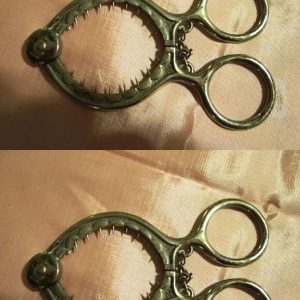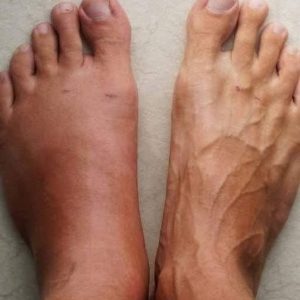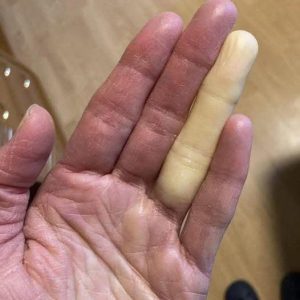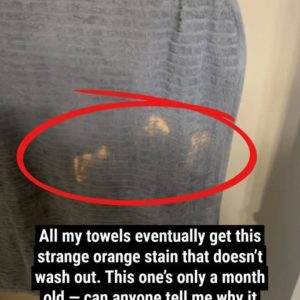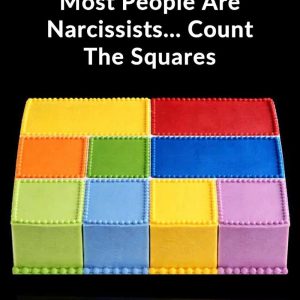I was twenty-one when I met Paul at a lakeside coffee shop—me with chipped mug and books, him carrying grief after losing his wife eight months before. He said my smile made him remember how to breathe.
Three dates in, he introduced me to his kids, Mia, eight, and John, six. “Are you going to be our new mommy?” Mia asked. Paul said maybe. I said yes, thinking love meant choosing them both.
But after the honeymoon, things changed. He called our money “my” money, my job “your little job.” I cooked, cleaned, bathed kids while he lounged gaming. When I enforced rules, he joked about me being “the meanie,” teaching the kids who was fun and who wasn’t. “You’re not my real mom,” John said. “Make me a sandwich,” Mia demanded, with Paul laughing.
I tried to talk, but he called me controlling. One night, paper planes flew as homework sat untouched. The kids called me “Dad’s stupid wife.” I cried on the bathroom floor, realizing I was help, never mother.
Six months later, I left, leaving a note apologizing to the kids. The divorce was clean, but the guilt lingered.
Sixteen years on, married to Mark, I got an email from Mia. She thanked me for being the light in their dark house. Their dad had turned them against me, married and left two more women, then gave up. Mia and John ended in foster care. She was getting married and wanted me there as a mother figure.
At her wedding, I saw John’s solid hug and Mia’s bright smile. No Paul. Years of pain and healing shared between us. “You were the only adult who showed up,” Mia said.
Love survived—broken but stronger. I said yes to forgiveness, and it changed everything.

